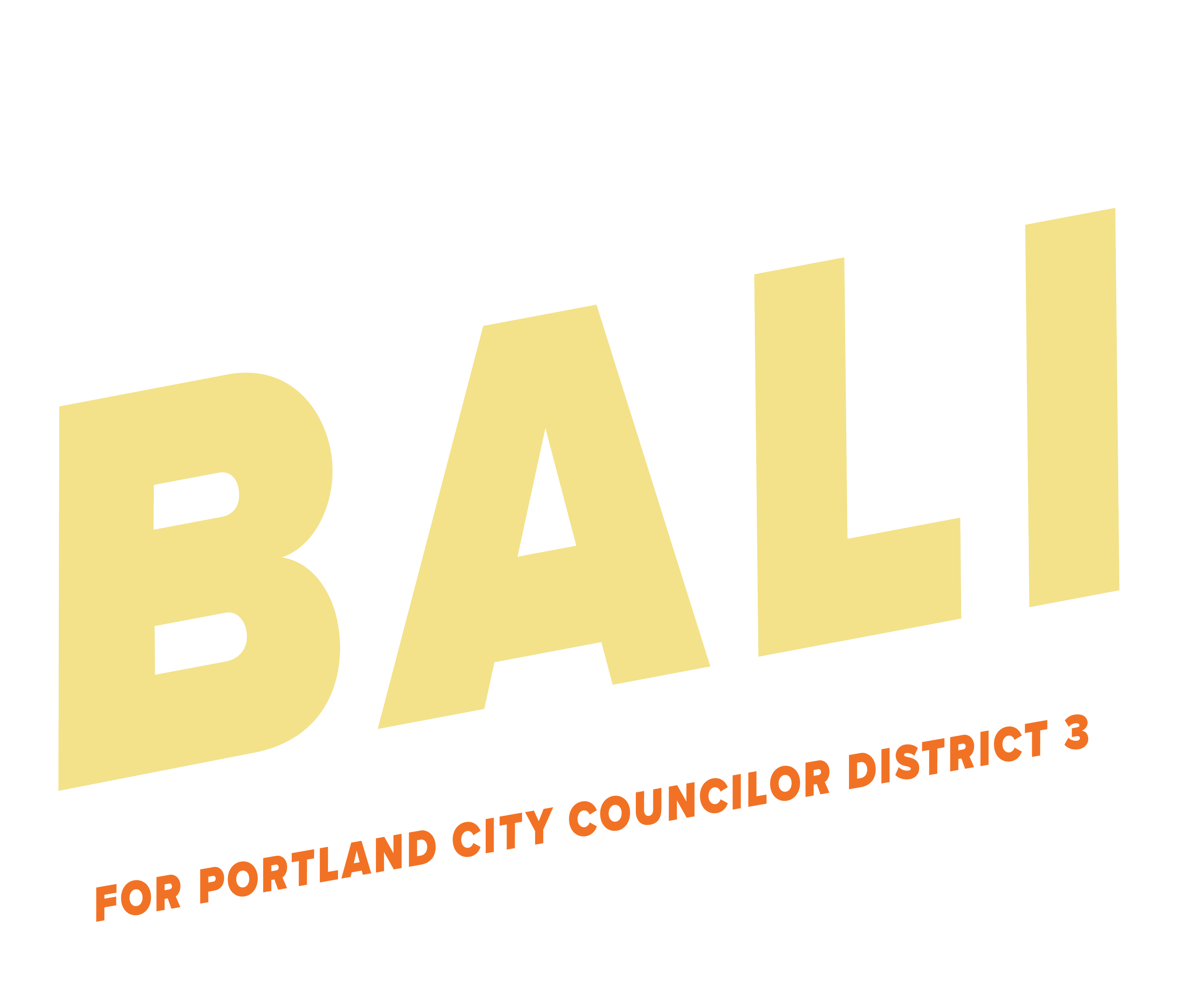A Comprehensive Approach to Boosting Affordable Housing in Portland
To address the affordable housing crisis, we must reconsider and reshape existing policies. By incentivizing building, suspending deterrent fees, addressing financial burdens, and streamlining the permitting process, we can pave the way for increased affordable housing in Portland. It is time to learn from successful models, listen to developers, and collectively work towards a more vibrant and accessible community for all.
Supply and Demand Dynamics:
The intricate relationship between housing costs and supply and demand necessitates a strategic shift in Portland's approach. Currently, the city's housing policies tend to penalize rather than incentivize building, contributing to a landscape of strict and volatile regulations. This unfriendly environment has unfortunately discouraged developers, prompting them to redirect their investments to other cities and states with more developer-friendly conditions. Mitchell Gregory, a low-income housing developer, serves as an alarming example of the challenges we face. His experience, marked by prolonged approval delays, vividly illustrates the obstacles hindering affordable housing projects in our community. To foster a more vibrant and inclusive housing market, it is imperative that we reevaluate our regulatory framework, streamline approval processes, and actively encourage developers to invest in affordable housing projects here in Portland.
Rollback of Inclusionary Zoning:
In 2017, the Portland City Council introduced a citywide "inclusionary zoning" policy, driven by the noble objective of enhancing affordable housing. Regrettably, this well-intentioned policy has resulted in an unintended consequence – a reduction in the availability of affordable housing units. The stipulation, requiring new residential buildings with 20 or more units to allocate 20% for affordable housing, has translated into a notable 65% decline in housing permits from 2019 to 2023. Despite its initial purpose to increase affordability, inclusionary zoning has paradoxically led to diminished permits and lost opportunities for more expansive, higher-density developments. It is imperative to consider a rollback of this policy as a vital step toward revitalizing housing construction in Portland.
Suspending Well-Intentioned Policies:
A recent city poll revealed that new building requirements, including mandatory bike parking and bird-safe windows, are hindering housing development. Developers argue that these well-intentioned policies have inadvertently disincentivized construction at a time when new housing is urgently needed. This is the one time Portland doesn’t need to put a bird on it.
Learning from Success Stories:
In cities like Dallas, where an impressive 76,660 affordable housing units were constructed in the past three years, the success stories underscore the critical importance of fostering policies that actively embrace and incentivize developers. On the flip side, Portland, with an ambitious goal of adding 295,000 units by 2040, faces a daunting challenge due to its current sluggish production rate. Despite the efforts of Portland's Housing Bond, which has yielded a mere 1859 affordable housing units, the stark reality is that we are faltering in our mission to provide accessible housing. This failure can be attributed to policies that not only fail to encourage builders but actively discourage them, prompting them to redirect their investments to more developer-friendly cities. It's high time we reevaluate and reshape our policies to attract and retain the crucial support of developers, ensuring a more robust and sustainable future for affordable housing.
System Development Charges (SDCs) Freeze:
To encourage developers to embark on significant building conversions, a proposal to freeze all System Development Charges (SDCs) is essential. These fees, which cover changes to public infrastructure resulting from building redesigns, often act as deterrents to large-scale projects due to their substantial costs.
Permitting System Overhaul:
The current inefficiencies and sluggish review processes within Portland's permitting system pose significant obstacles for builders striving to meet the escalating demand for housing. With a mere 7.6 permits issued per 10,000 residents for single-family houses, Portland lags considerably behind thriving cities, where approximately 31.1 permits are issued for every 10,000 residents. This stark contrast underscores the urgent need for a comprehensive overhaul of our permitting system. To achieve our ambitious goals for affordable housing, it is imperative that we bridge this gap and streamline our processes to align with the efficiency demonstrated by leading cities in housing development.

